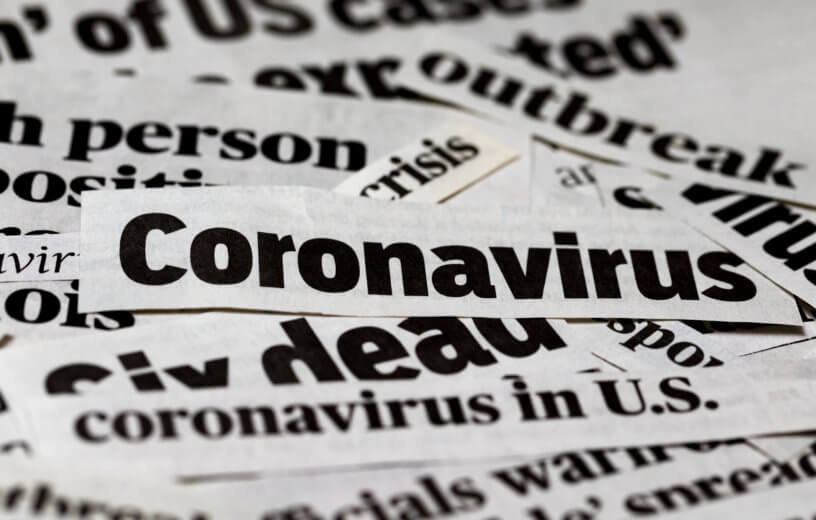KENSINGTON, Australia — The internet is a wonderful place because it’s open to anyone. Of course, the internet can also be an awful place because it’s open to anyone. That catch-22 of convenience and a serious lack of oversight has reared its ugly head in recent years as the spread of misinformation and conspiracy theories has bled into all aspects of society. Now, researchers from the University of New South Wales say misinformation about the COVID-19 vaccine is seriously undermining the efforts of health officials all over the world.
Study authors find over 103 million people all over the world have liked, shared, retweeted, or reacted with an emoji to misinformation and conspiracy theories online about COVID-19 vaccines.
For instance, one post stating “a new vaccine for COVID-19 will alter a person’s DNA and result in them becoming genetically modified” made the rounds on Australian Facebook circles, collecting 360 shares and 32,000 views by Aug. 21, 2020.
Researchers examined online posts between December 2019 and November 2020 to get a better understanding of the situation. These include articles, social media posts, blogs, and other online content. Notably, study authors uncovered that these outlandish views were being spread by all sorts of people, from family members, to friends, to members of local communities.
“From previous studies, we’ve been able to link this misinformation with negative outcomes, including death,” says senior study co-author Holly Seale from UNSW Medicine & Health’s School of Population Health in a university release.
Wild claims may be leading to lower vaccination turnouts
Moreover, the study finds there isn’t an adequate level of accurate information out there to combat the conspiracies. Researchers warn if health agencies don’t take the time to vigorously dispute these ridiculous claims, a sizable portion of people will logically start to believe the stories they read on the internet.
Although there is still no conclusive link between these declines and social media information, the study notes a 21-percent drop in willingness among U.S. adults to get the vaccine between May 2020 and September 2020. In Australia, nearly one in four people (24%) said they were unsure or unwilling to be vaccinated.
Some of the tall tales spreading include the popular conspiracy theory that officials are concealing the true results of vaccine clinical trials. Others claim that the vaccine can actually change DNA and – perhaps the silliest of all – vaccines are just a way to track and control humanity more easily.
“We only looked at the platforms that are open and free, which included Facebook, Twitter and other similar networks. But then there are the closed networks, such as WhatsApp and WeChat. We still have very little understanding about the role of misinformation, where it is originating from and what type of impact it’s having, so there is a lot more research that needs to be done in this space,” researchers conclude.
The study appears in the journal PLOS ONE.
